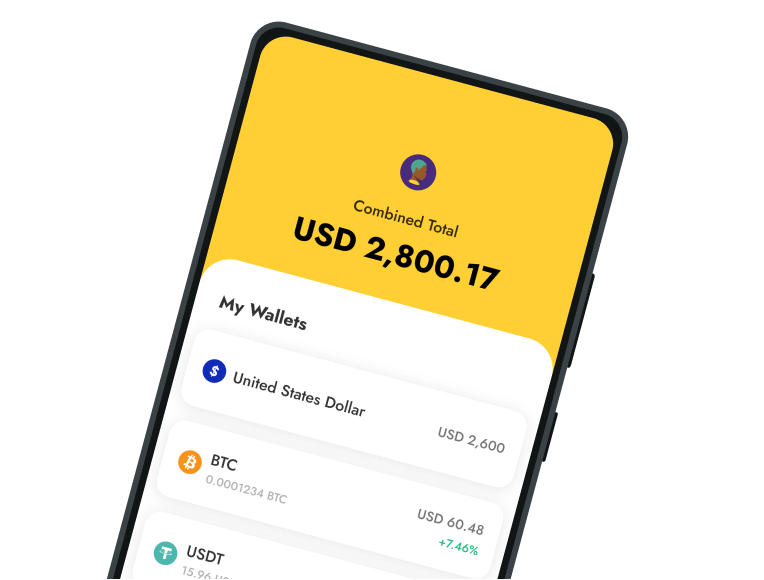2024-03-19
Ethereum
ETH
About Ethereum (ETH)
Created by Vitalik Buterin and launched in 2015, Ethereum is a decentralised open-source platform that enables developers to build and deploy decentralised applications (dApps). It operates on its native cryptocurrency, Ether (ETH), which serves as both a medium of exchange and fuel to power transactions and smart contracts on the network.
At the core of Ethereum's innovation is its ability to execute smart contracts, which are self-executing code scripts that automatically execute predefined conditions when certain criteria are met. Smart contracts unlock a vast array of possibilities, empowering decentralised finance (DeFi) protocols, digital identity systems, supply chain management solutions, and a multitude of other decentralised applications. This flexibility has made Ethereum a crucial platform for blockchain developers and entrepreneurs seeking to create innovative solutions.
Over the years, Ethereum has undergone significant upgrades to enhance its scalability, security, and functionality. Notably, it transitioned from a Proof of Work (PoW) to a Proof of Stake network (PoS). This upgrade aims to improve the network's efficiency, reduce energy consumption, and increase transaction throughput, making Ethereum even more poised for mass adoption. With its continuous evolution and forward-thinking approach, Ethereum remains at the forefront of blockchain technology, powering the development of future decentralised applications.
How Ethereum works
Ethereum, a decentralised blockchain platform, empowers developers to create and deploy smart contracts and decentralised applications (dApps) without relying on a central authority. While it shares similarities with Bitcoin's distributed network of nodes for validating transactions, Ethereum stands out with its Turing-complete programming language, enabling the development of sophisticated smart contracts.
An essential update in Ethereum's operation is its transition from a traditional Proof of Work (PoW) network to a Proof of Stake (PoS) network. In the PoS model, validators, instead of miners, are responsible for creating new blocks and validating transactions. Validators are chosen based on the amount of Ether they "stake" or lock up as collateral in the network. This transition aims to improve scalability, reduce energy consumption, and increase transaction throughput.
Central to Ethereum's functionality is the Ethereum Virtual Machine (EVM), a runtime environment responsible for executing smart contracts on the network. When a user initiates a smart contract or transaction, it is broadcasted to the network and included in a block by validators.
Ether (ETH) continues to serve as the native cryptocurrency of the Ethereum network and remains critical for fueling transactions and smart contract execution. Users must pay a fee in ETH, known as "gas," to execute any action on the Ethereum blockchain. The gas fee is determined by the complexity of the smart contract or transaction and the network's congestion. Validators receive these gas fees as rewards for validating and executing smart contracts, maintaining the network's integrity and efficiency.
More about Ethereum from our academy
Get in the know with crypto insights, tutorials about cryptocurrency



